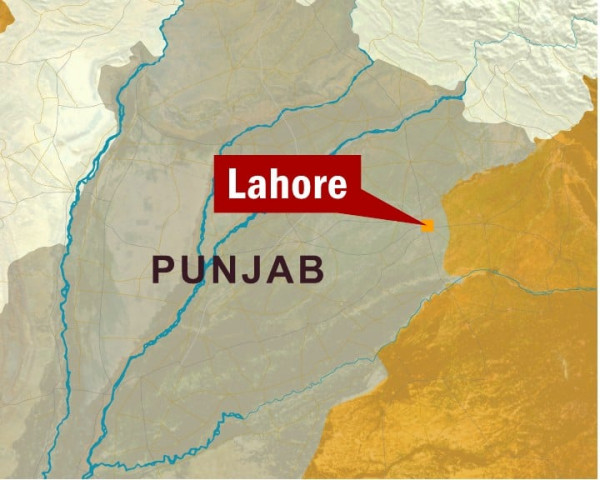Cervical cancer a growing risk, say doctors
Pakistan moves from a low-risk to a moderate-risk country for cervical cancer.

According to a World Health Organisation (WHO) study from 2008, Pakistan’s incidence of cervical cancer in 2008 was 19.5 per 100,000, compared to less than 9 per 100,000 in 2002.
The study reported that cervical cancer deaths stood at 12.9 per 100,000 nationally, said Dr Muhammad Tayab, speaking at a press conference at a local hotel organised by the Health Awareness Society (HAS).
Dr Tayab said that despite Pakistan’s eligibility for specific international funding, “the political will to establish cervical vaccination seems severely lacking”.
He said young girls were at much higher risk of the disease and everyone should unite to help “these innocent future victims of today’s health policies”.
He said the Human Papilloma Virus (HPV) vaccine was the best way to prevent infection.
“With high emphasis placed on gifts presented to girls on their marriage, a prior visit to a gynaecologist could be the most precious gift of all vaccination would provide a future free from the trauma of cervical cancer,” said Dr Tayab.
Cervical cancer is the second most common cancer and the third leading cause of cancer deaths among women globally after breast and lung cancer, said Dr Arif Tajammal.
He said the global burden of cervical cancer is around 500,000 cases and over 270,000 deaths annually, or one death every two minutes. He said up to 80 per cent of women would acquire an HPV infection in their lifetime, and 80 per cent of deaths related to cervical cancer occur in developing countries like Pakistan.
The cancer affects the cervix or the neck of the womb and is caused by persistent infection with the HPV virus. Dr Tajammal said HPV infections are very common and easily transmissible.
HPV infection transmits primarily via sexual activity. Other means can be mother-to-newborn, the hands, and items like towels, dishes, soap, etc.
The virus causes no symptoms, making diagnosis very difficult.
Dr Farrukh Zaman said that in countries with established screening programmes, HPV vaccination coupled with screening was the most effective prevention.
“This process can reduce cervical cancer risk by 94%,” he said.
But in countries without screening programmes, such as Pakistan, “studies suggest that vaccination is the most successful option to reduce the incidence of cervical cancer,” he said.
Dr Zaman presented a study which showed that the HPV vaccine could effect at 70 per cent reduction in invasive cervical cancer.
He said that young women should be vaccinated before marriage. He suggested vaccination of girls aged 10 to 12, a “catch-up” vaccination programme for the 13-26 age group, and a one-time administration to the 25-45 age group.
HAS is a not-for-profit organisation that has conducted health awareness programmes across the country over the last 15 years.
Published in The Express Tribune, October 8th, 2010.



















COMMENTS
Comments are moderated and generally will be posted if they are on-topic and not abusive.
For more information, please see our Comments FAQ